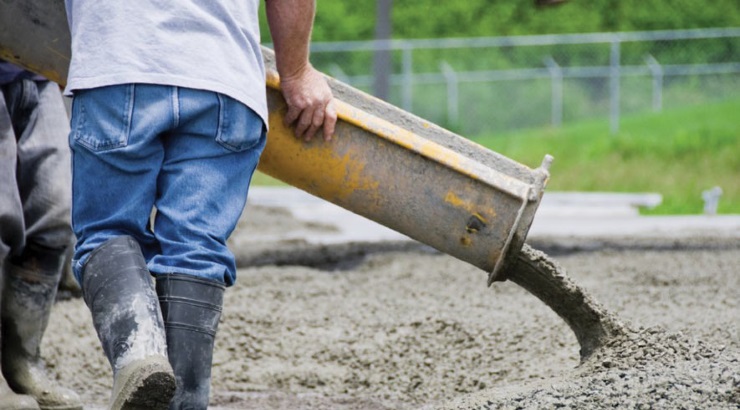Materials & Supplies
Mega Projects Push Cement Sales to All-Time High
Local cement usage rose to a high of 726,823 metric tonnes in July.

Cement consumption in Kenya grew to an all-time high in July as the government pressured contractors to hasten the completion of mega infrastructure projects across the country.
Data from the Kenya National Bureau of Statistics shows cement consumption hit 726,823 metric tonnes during the month – the highest level since the existing data of 2010.
The historic demand level forced cement manufacturers to increase their monthly production to 741,647 metric tonnes, which is also the highest in more than 10 years.
The growth in cement production and consumption has been attributed to projects such as the Nairobi Expressway, Dongo Kundu Bypass, James Gichuru-Rironi highway, Nairobi Western Bypass, as well as construction of mega dams in various parts of the country.
“Cement production has been strong, aligned with consumption of the product. This has been supported in part by the strong government infrastructure spending,” the Central Bank of Kenya governor Patrick Njoroge said during the July 26 monetary policy committee meeting.
The 2021 Leading Economic Indicator also revealed that cement usage rose 22.58% to 4.780 million metric tonnes in the first half of 2021 from 3.897 million metric tonnes last year.
RELATED: Kenya’s Cement Demand Rises 27% on State Projects
Even at the height of the pandemic last year, the overall cement consumption figure was 200,000 tonnes shy of the record of 6.7 million tonnes that were consumed in 2014 during construction of the Nairobi-Mombasa standard gauge railway.
The 2020 cement consumption was driven by public infrastructure and private developers who defied Covid-19-related restrictions to build their properties.
During the year, the National Construction Authority approved 85 big-dollar public projects in the second half of 2020 – 12 of which were valued above Sh1 billion each.
The agency had permitted 66 big-ticket projects in the second half of 2019, 10 of which were valued above Sh1 billion each.














